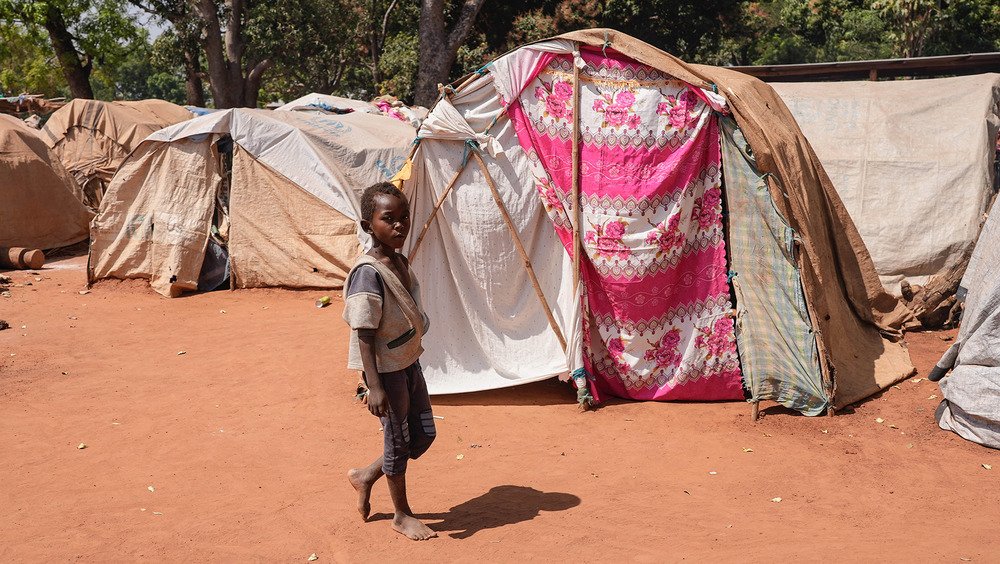
South Sudan’s Vice President Riek Machar warned March 28 that the country is heading “back to war” following attacks on his Sudan People’s Liberation Movement/Army-in Opposition (SPLM/A-IO) by government forces under President Salva Kiir. The warring parties signed a 2018 peace agreement that led to a unity government two years later. But key parts of the deal have not been implemented, and violence has flared in the countryside. Machar’s party suspended its participation in peace deal monitoring mechanisms after claiming that his house had been surrounded by government forces on March 27. As tensions build, humanitarian needs are deepening: more than 70% of South Sudan’s population are expected to face extreme hunger this year, while funding constraints and attacks on aid convoys will likely continue to complicate relief efforts.
From The New Humanitarian, April 1
Photo: Sam Mednick/TNH





Can unified military command help South Sudan?
President Salva Kiir has moved to unify the command of South Sudan’s military, ordering the integration of army officers loyal to Vice President Riek Machar. The move—a long-awaited implementation of the 2018 peace deal between the two leaders—follows rising tension and fighting between their forces.
Late last month, Machar warned the country was heading “back to war” following attacks by government troops on his opposition SPLM/A-IO group. The 2018 deal created a power-sharing government in the hope of achieving peace, though some analysts credit the agreement with instigating more violence. The country is now facing its worst food crisison record—a consequence of conflict, economic decline, and record flooding. Meanwhile, more violence was reported this week in northern Unity State, with clashes between armed youths and the SPLM/A-IO leading to village burnings and dozens of deaths. (TNH)